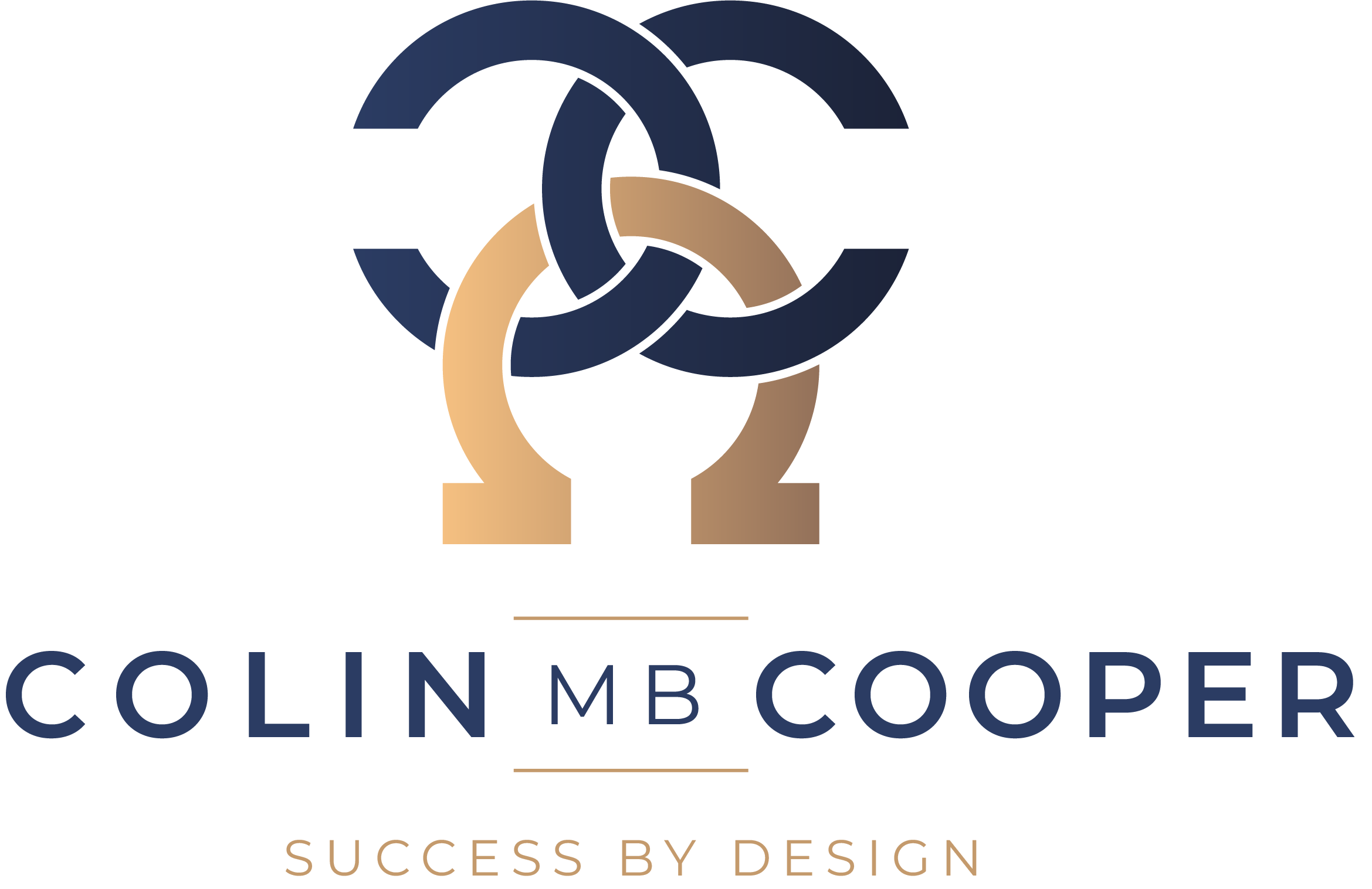You’re not alone if you’ve spent years in the corporate world, dreaming of starting your own business. There’s a certain exhilaration that comes with being an entrepreneur- one that’s never felt working for someone else.
But be aware, the corporate world to entrepreneurship journey is one that’ll be one of the most impactful experiences you may ever have. It’s going to change how you’ve been conditioned by society, and it will challenge your growth in unexpected ways.
But there’s also a lot to consider before making the leap: Should I quit my job? What can I expect? What’s the right mindset I should have as a beginner entrepreneur?
To help answer these questions, I’ve put together some tips and strategies to lead you towards success!

Entrepreneurship can be scary, no matter how confident you think you are. Whether you are afraid of not making enough money or losing friends/hobbies in pursuit of your goals and passions, any fears and insecurities can be your fuel when you fight for your dreams!
A strategy such as thinking ahead with worst-case scenarios neatly planned out will allow you to see things without being overwhelmed by obstacles along the way.
In order to deal with these feelings successfully, set priorities for what really matters, connect with your fear and maintain the drive needed for success in achieving your goal.

You can build a powerful network at any time, but the sooner you begin developing relationships with others in your industry and beyond, the easier it will be for them to become clients, partners, or someone you can follow the steps of.
There are plenty of ways that you can meet new people who could potentially help take your business further – from joining online networks related to what interests you most (LinkedIn has dozens), attending events and networking groups – to seeking advice from those who’ve already succeeded where you’re trying to now.
No matter which method is best for starting up conversations with someone else, one important thing remains true:
“The more people we get acquainted with is what will lead us closer towards success!”

“Earning a living is about learning, and there’s no such thing as too much knowledge.”
Read blogs to stay abreast of the latest trends, find an entrepreneurial coach who can help you find your niche in any industry or speciality area, attend courses at local colleges, put yourself out there with classes online from reputable sources, find out where the big conferences are, follow thought leaders in your field on Twitter or Facebook groups like TED Talks, make connections on LinkedIn with people that you admire and analyse their steps…
You can do so many things that will give you new skills and without having to travel very far or outlying too much money.
Being an entrepreneur can be tough, but remember how many highly desired skills you already have thanks to your corporate background! Just make sure to keep learning so that you don’t limit yourself during your journey.

Entrepreneurship involves risk, but financial preparedness can lessen these concerns and help the process run smoothly (and make it a lot more enjoyable).
While there’s always going to be a measure of risk involved, being able to financially plan ahead goes a long way toward accomplishing your goals.
The best time to set aside extra savings while transitioning from the corporate world into entrepreneurship is while you’re still employed.
Before quitting, consider living below your means and cutting down on unnecessary expenses in order to pay off or consolidate debt easier; this will not only help build better financial habits but also give you more reliable support through the transition process by having an established nest egg saved up behind-the-scenes!
If savings are not something you’re able to do, you could consider raising funds for your project from investors (contact me if you need more information about this!)

The move from the corporate world to becoming an entrepreneur can be difficult, but you’re not going into this blindly; after all, you’ve been climbing that dreaded ladder at your old job, so don’t be afraid of a little change!
There will undoubtedly be obstacles along the way- it’s just how life works sometimes – but with some forward planning and an optimistic outlook, they’ll become surmountable too.
At the end of it all, flexibility is the key to making your aspirations achievable. It’s OK to be committed, but the fact that you’re also flexible will actually help increase your chances of success.
And that’s because flexibility is needed to account for changes and unexpected situations as they arise.
With a flexible approach, if something happens outside of your control then you’ll find a range of ways to adapt for achieving a positive outcome whereas rigidity could be disastrous.
Success is often hard work in disguise (and can take longer than expected), no matter where we come from or our past experiences – but we can always adapt, learn more and accomplish more than we often think possible!
And if you’re really interested and are actually about to make the jump from corporate life to entrepreneurship (or you’ve already done this but still need some guidance), I have a special event for you.
Contact me for further information!
It will be amazing to be part of your business journey!



